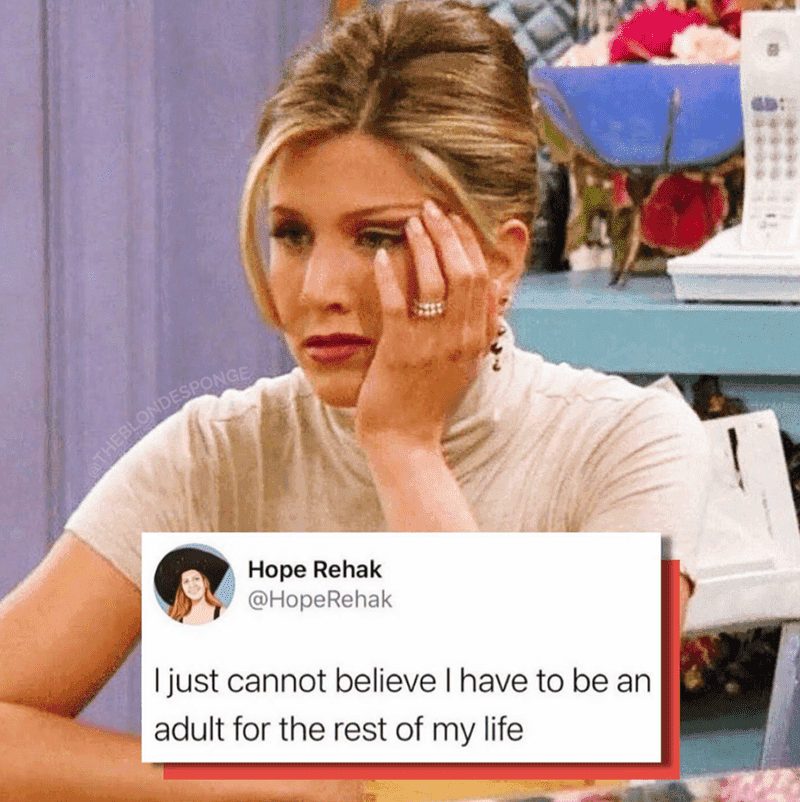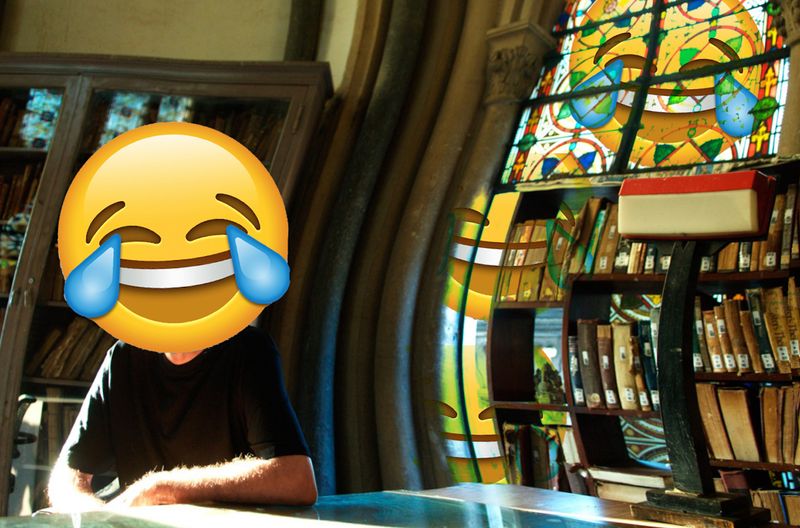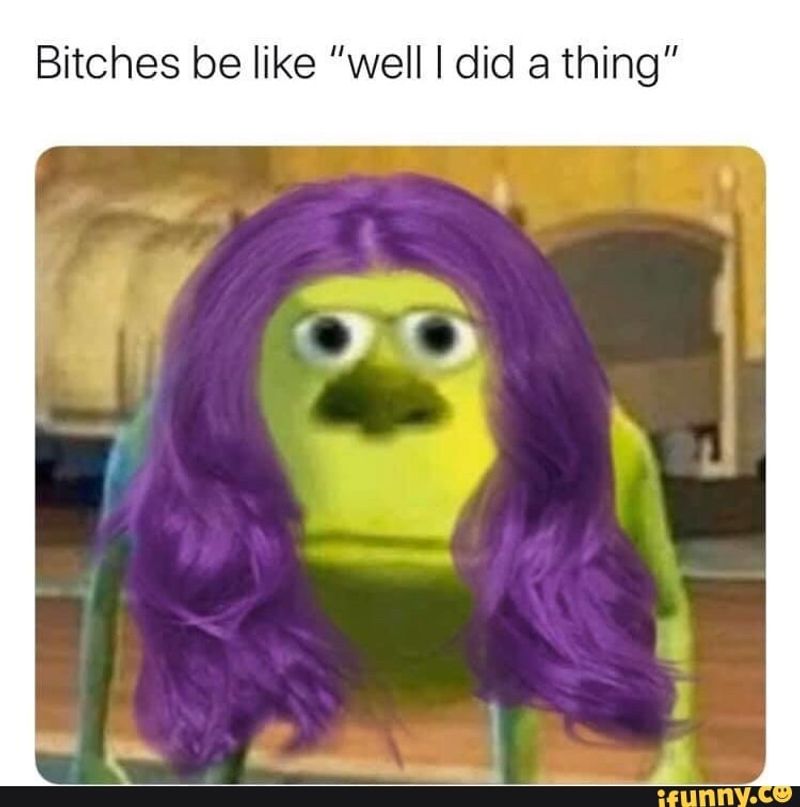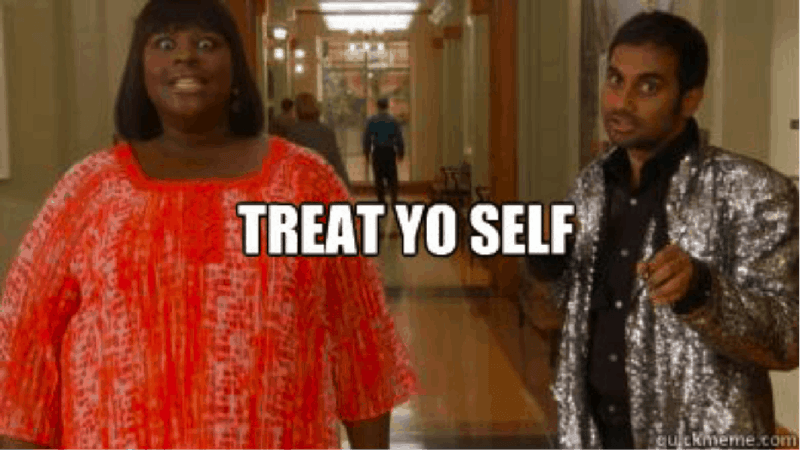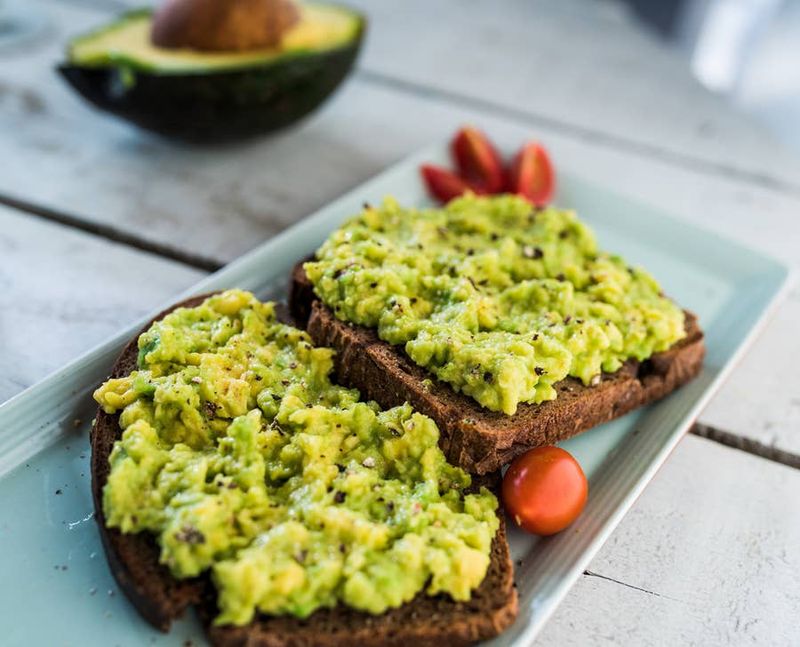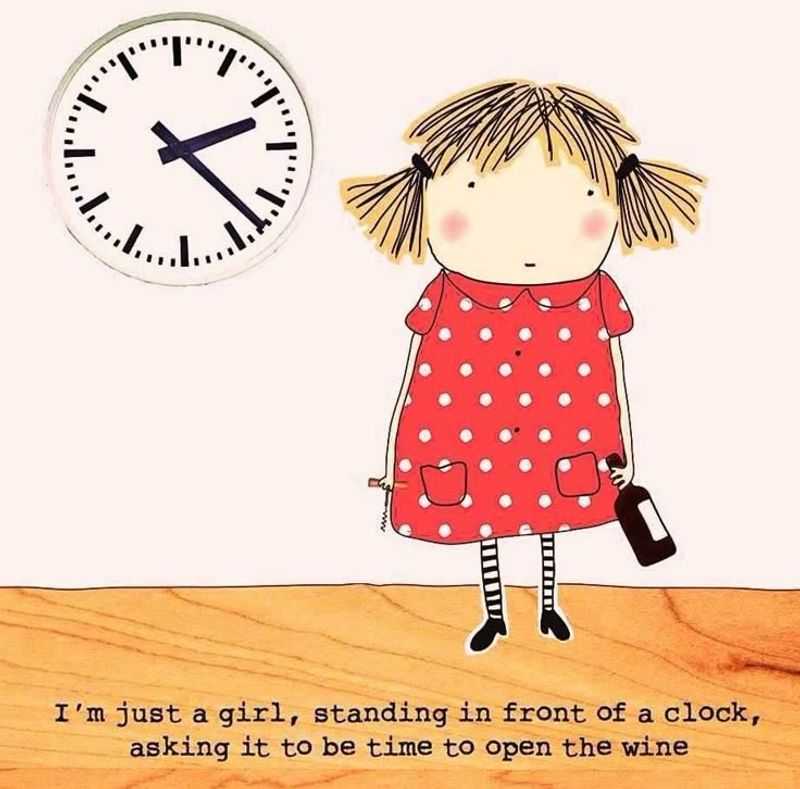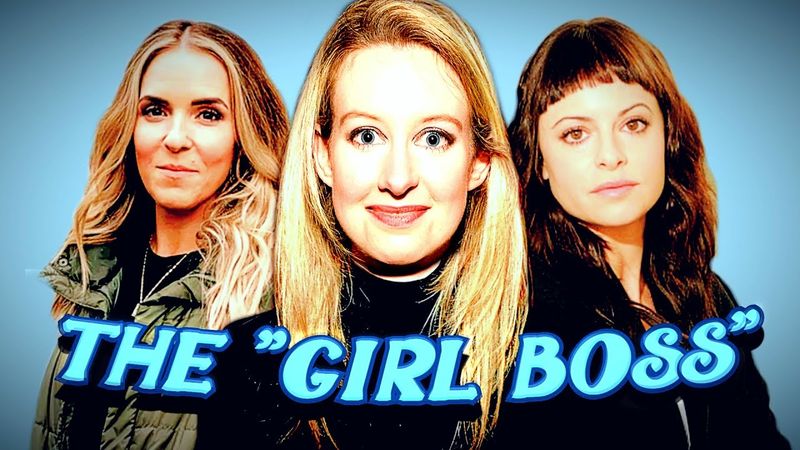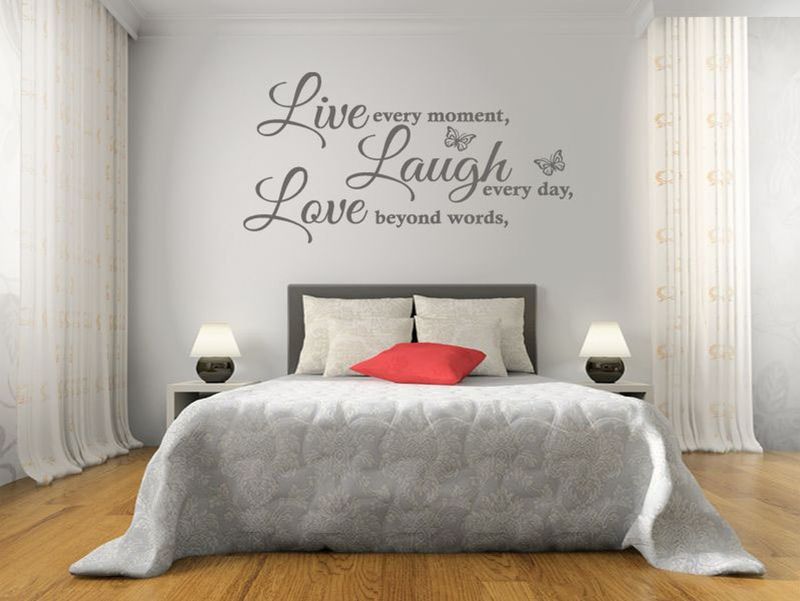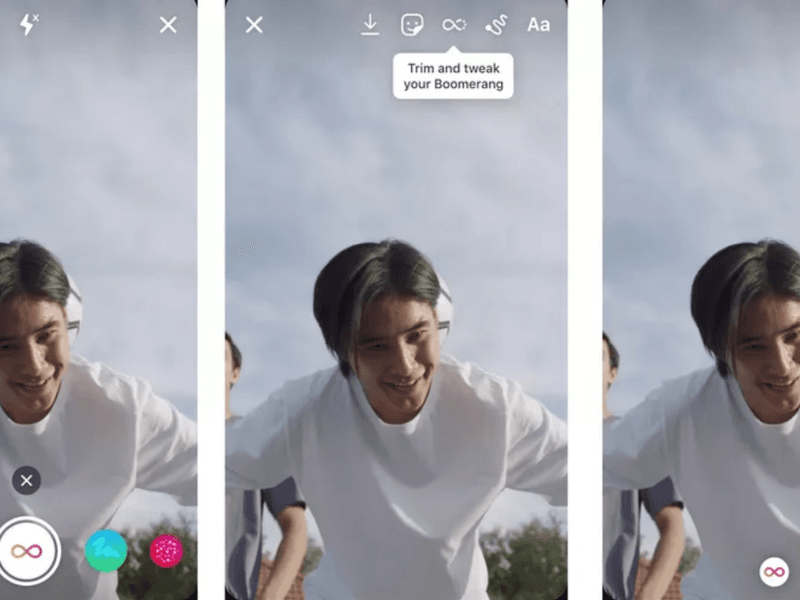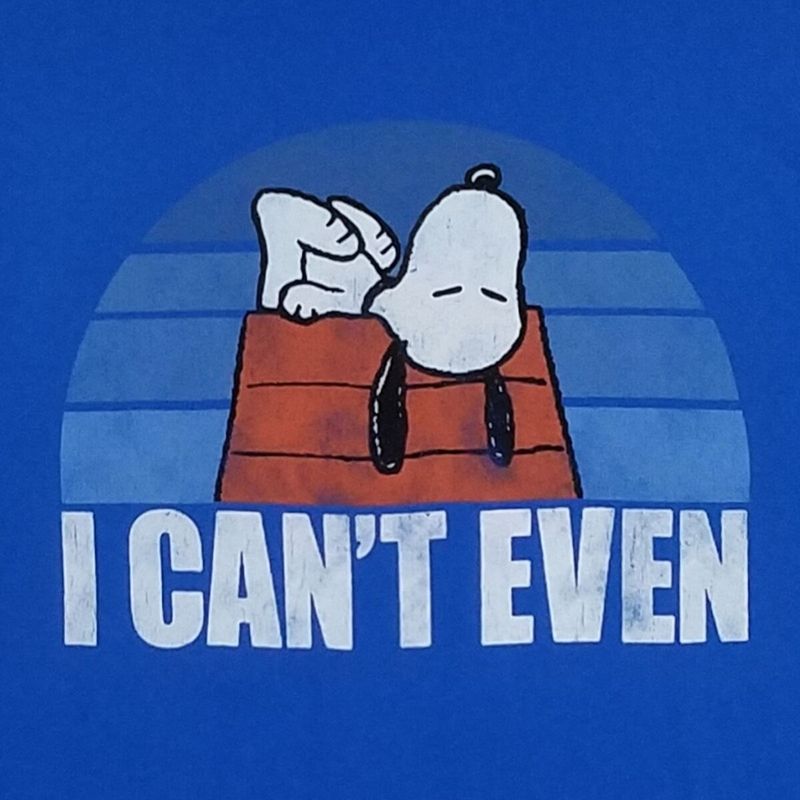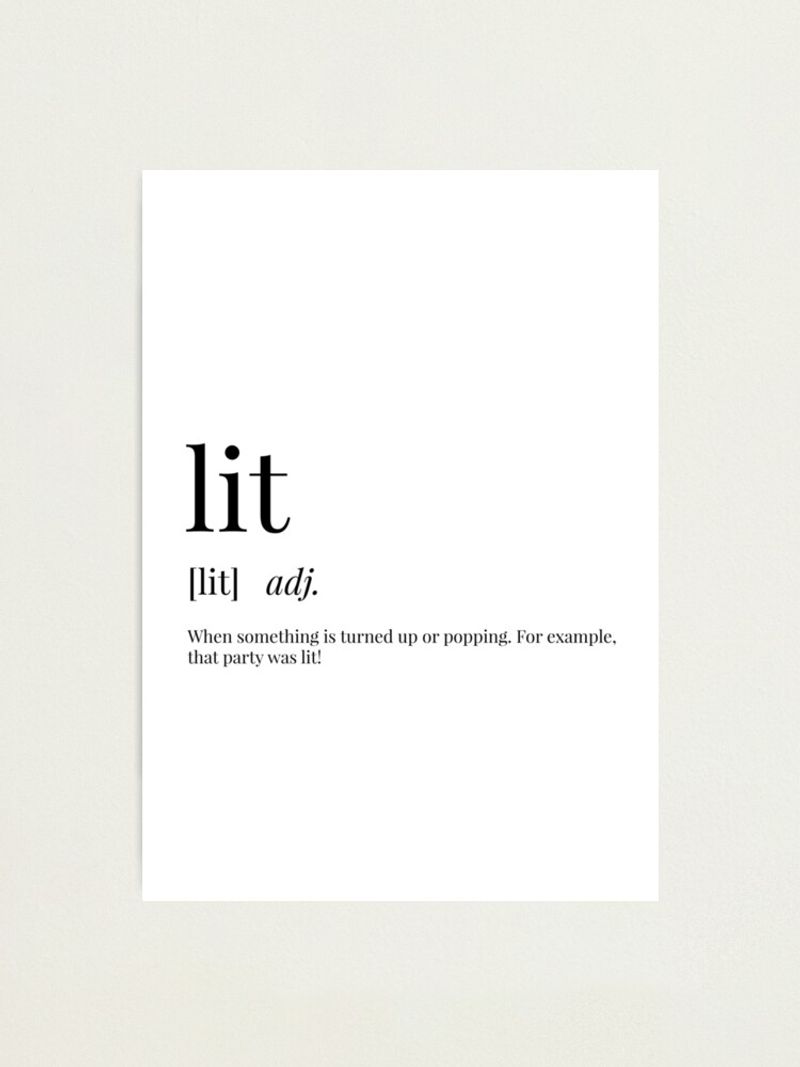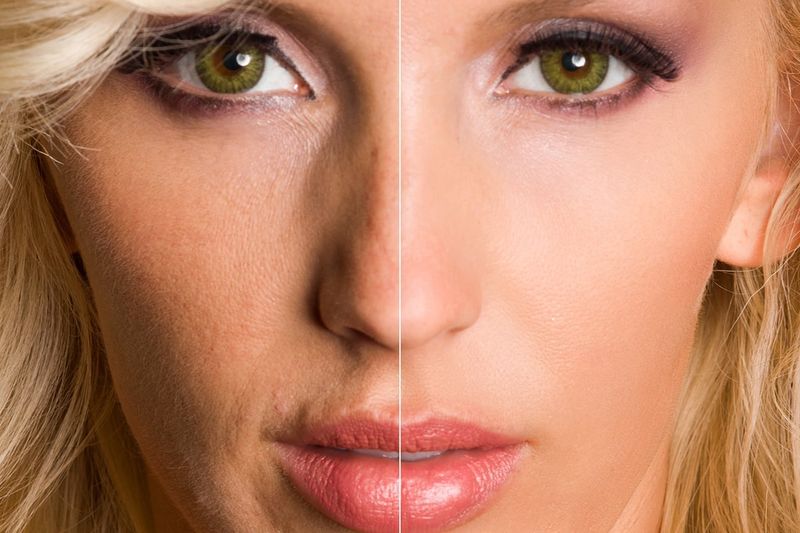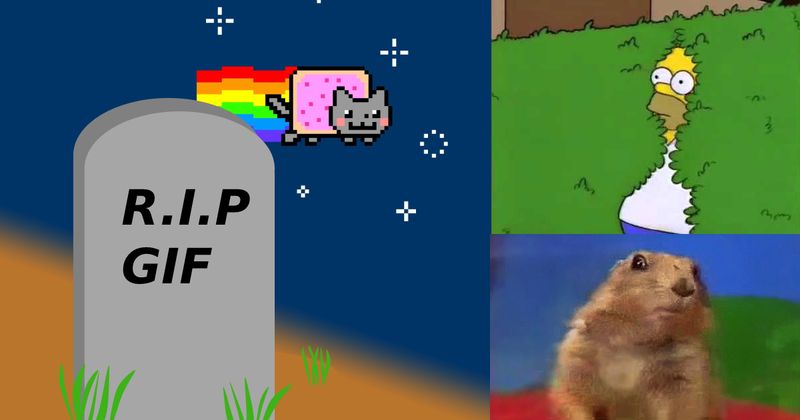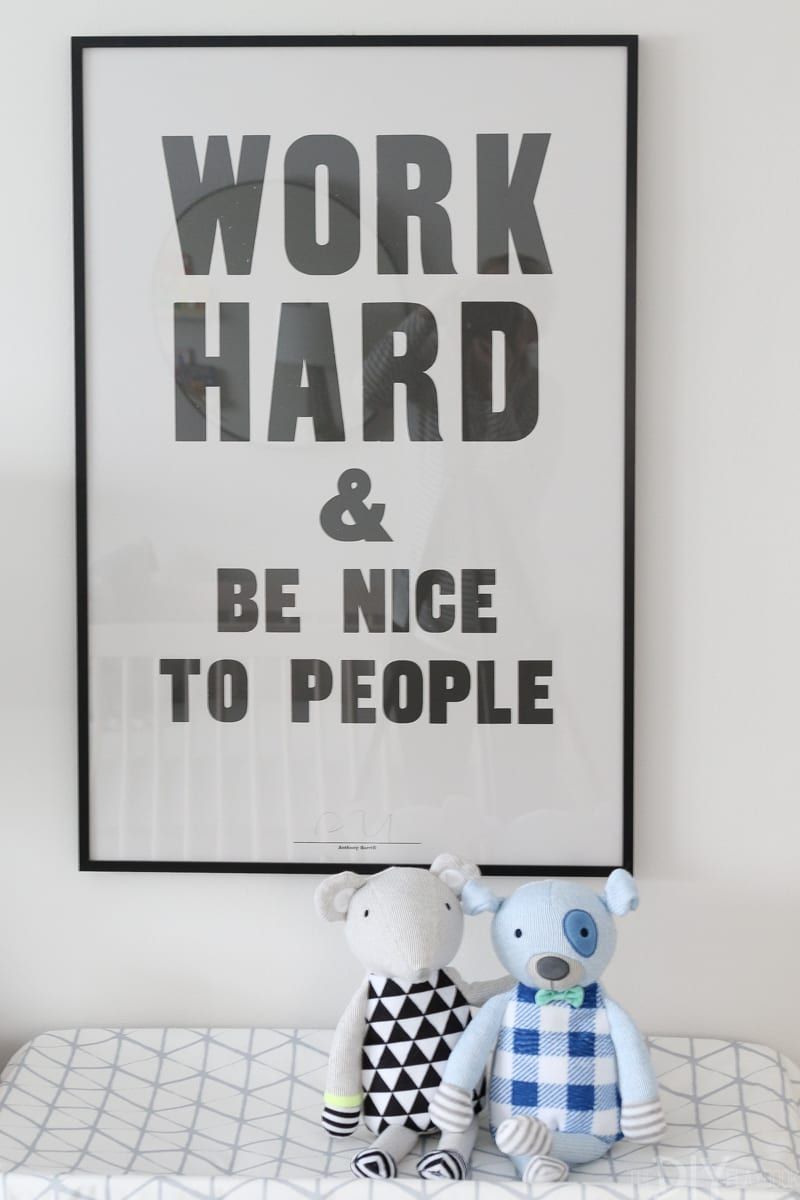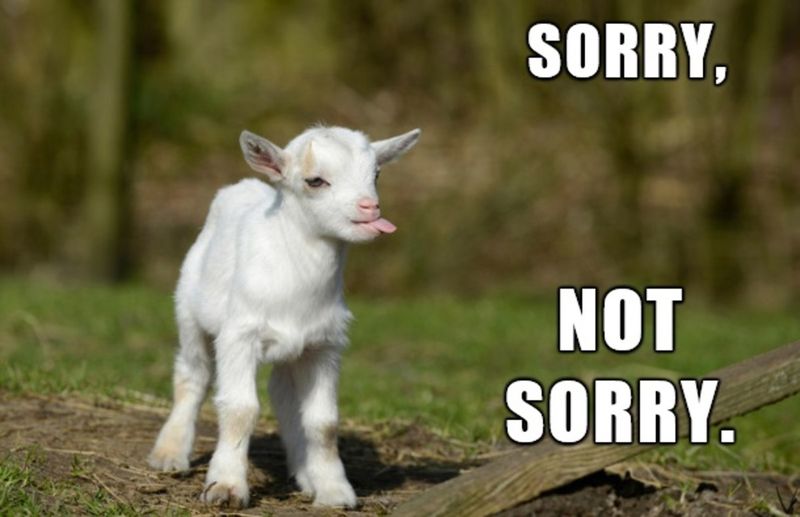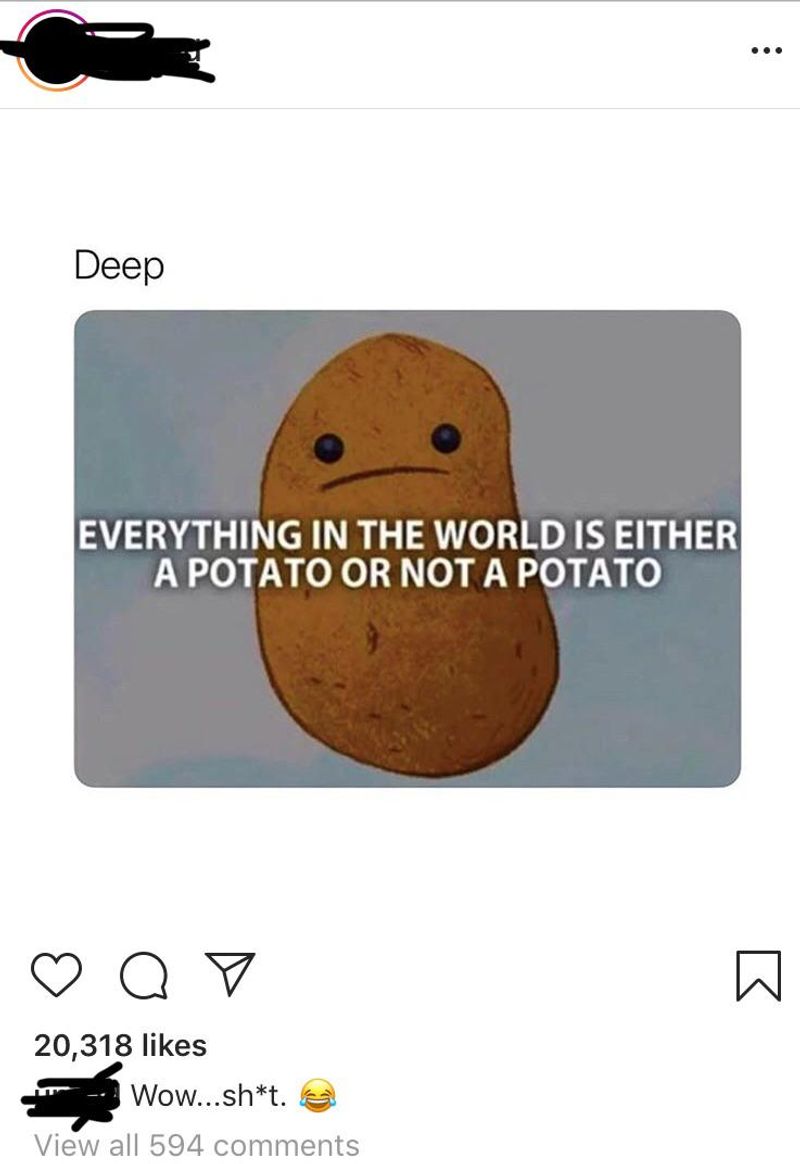As generational shifts continue to shape cultural landscapes, Gen Z’s perspectives on millennial trends offer a fascinating insight into evolving tastes and preferences.
While millennials once popularized certain styles, phrases, and lifestyles, Gen Z has their own opinions about what is in vogue and what feels outdated.
Here, we explore 25 millennial trends that Gen Z considers utterly cringe-worthy, each accompanied by unique descriptions, engaging tones, and creative image prompts. From fashion and language to social media habits, this list highlights the generational divide in the most entertaining way.
1. Saying “Adulting”
The term “adulting” was once a clever way to describe the mundane tasks of growing up. Gen Z finds it overly dramatic, often rolling their eyes at the phrase. In their view, managing responsibilities like paying bills or cooking dinner is just part of life, not deserving of special mention.
They prefer a more casual approach, refusing to glorify basic tasks. To them, the term feels like an unnecessary pat on the back, a relic of millennial humor. It’s seen as an exaggerated expression of what should be everyday occurrences.
2. Skinny Jeans
Once the epitome of style, skinny jeans are now out-shined by baggier silhouettes. Gen Z prefers relaxed fits and wide-leg styles, embracing comfort over the restrictive feel of tighter denim.
This shift symbolizes a broader move towards more inclusive and flexible fashion choices. Skinny jeans, with their tailored appearance, no longer align with Gen Z’s preference for laid-back, casual attire. The trend now leans towards expressing individuality and ease, leaving the once-popular skinny fit in the dust of fashion history.
3. Side Parts
The side part was once synonymous with millennial style, but Gen Z has declared the middle part the new chic. They argue that side parts date one’s look, while a center part offers a fresh, balanced appearance. This hair debate reflects a larger conversation about evolving beauty standards.
The middle part symbolizes a modern approach, aligning with Gen Z’s desire for clean lines and symmetry. For them, it’s about redefining trends to match contemporary aesthetics, making side parts a thing of the past.
4. Using the 😂 Emoji
The 😂 emoji, once a universal symbol of laughter, is now considered passé by Gen Z. They prefer the edgier 💀 or heartfelt 😭 to express amusement. This shift in emoji use reflects a broader change in digital communication, where subtlety and nuance replace straightforward expressions.
For Gen Z, the skull or tears add layers of meaning, making conversations more dynamic. The 😂 emoji, in comparison, feels outdated, lacking the fresh, expressive flair that newer generations crave in their online interactions.
5. The Phrase “I Did a Thing”
“I did a thing” once captured the essence of sharing personal achievements or indulgences online. Gen Z finds it vague and overused, bordering on self-congratulatory. They prefer more direct communication, emphasizing clear and concise sharing of experiences.
This phrase, once endearing, now feels like an empty gesture, lacking the authenticity that Gen Z values. To them, it’s about honesty and being genuine, making “I did a thing” seem like an outdated relic of online boasting.
6. “Dog Mom” and “Plant Dad” Culture
The “dog mom” and “plant dad” culture, celebrated by millennials, is viewed as a bit much by Gen Z. While they appreciate the love for pets and greenery, they find these titles over-the-top. Gen Z prefers a more understated appreciation of hobbies and responsibilities.
The emphasis on such roles feels performative to them, lacking the casual authenticity they admire. Rather than labeling themselves, they focus on the joy and care these passions bring, without the need for grandiose titles.
7. BuzzFeed Quizzes
BuzzFeed quizzes, once a staple of online entertainment, are deemed outdated by Gen Z. These quizzes, which claim to reveal personality traits or predict future scenarios, feel simplistic and gimmicky in the eyes of younger audiences.
Gen Z craves more substantial content that challenges their intellect or offers genuine insights. They see BuzzFeed quizzes as a relic of millennial internet culture, preferring platforms that offer interaction and learning over superficial amusement.
8. Saying “Treat Yo’ Self”
Once a rallying cry for self-indulgence, “treat yo’ self” has lost its charm for Gen Z. They argue that self-care shouldn’t be commodified or reduced to occasional splurges. This phrase, popularized by millennials, now feels like a marketing tactic rather than a genuine message of wellness.
Gen Z emphasizes ongoing self-care practices that nurture the mind and body. The concept of “treat yo’ self” seems superficial in comparison, overshadowed by a more holistic approach to personal well-being.
9. Avocado Everything
Avocado toast, once a millennial breakfast staple, is seen as overhyped by Gen Z. While they enjoy the fruit, its ubiquity in millennial cuisine feels excessive. Gen Z prefers a diverse palette, exploring new flavors and ingredients. The avocado craze, with its relentless popularity, lacks the culinary adventure younger generations seek.
They embrace innovation in food, experimenting with textures and tastes beyond the familiar. Avocado everything, though nutritious, doesn’t satisfy Gen Z’s appetite for variety and novelty.
10. Talking About “Wine O’Clock”
The idea of “wine o’clock,” once a playful nod to relaxation, feels tired to Gen Z. While millennials cherished it as a lighthearted end-of-day ritual, younger generations find it clichéd. Gen Z prefers more diverse ways to unwind, beyond the predictability of wine culture.
They seek experiences that enrich rather than routines that confine. The wine o’clock trope, with its repetitive nature, doesn’t resonate with Gen Z’s desire for novelty and exploration in leisure activities.
11. Using “Girlboss” Unironically
The term “girlboss,” once empowering, now feels corporate and clichéd to Gen Z. They view it as a gimmick, reducing women’s achievements to a catchphrase. Gen Z champions authentic empowerment, focusing on equality and inclusivity rather than labels.
The “girlboss” narrative, with its commercial undertones, doesn’t align with their values. They prefer genuine recognition of accomplishments, emphasizing substance over style. For them, empowerment transcends branding, aiming for meaningful change and representation.
12. Live, Laugh, Love Decor
“Live, Laugh, Love” decor, a millennial farmhouse staple, is now a design faux pas for Gen Z. They find it overly sentimental, preferring minimalist or eclectic styles that express individuality. This trend, once a comforting mantra, feels disconnected from Gen Z’s desire for originality and depth.
They seek design elements that resonate personally, moving away from clichés. The ubiquitous phrase lacks the nuance that younger generations appreciate in their living spaces, favoring expressions that truly reflect their ethos.
13. TikToks with Boomerangs
Boomerangs, once a trendy Instagram feature, are now seen as passé by Gen Z, especially on TikTok. These looping videos feel static in a platform thriving on creativity and originality. Gen Z prefers content that pushes boundaries, utilizing TikTok’s features to craft engaging narratives.
Boomerangs, with their repetitive nature, lack the dynamic energy that defines Gen Z’s digital expression. They’re drawn to innovation, where each video feels like a fresh, captivating experience, leaving boomerangs in the nostalgic realm of millennial social media.
14. “But First, Coffee” Obsession
The “but first, coffee” mantra, once a millennial morning ritual, doesn’t resonate with Gen Z. They favor a broader palette, exploring matcha, teas, and artisanal beverages. This shift represents a move towards varied tastes and healthier choices, breaking from traditional caffeine fixes.
Gen Z views the coffee obsession as a dated symbol of productivity, lacking the exploration they crave. They embrace diversity in their drink choices, finding joy in discovering new flavors beyond the familiar coffee routine.
15. Making Everything About “90s Kids”
Millennials’ nostalgia for the ’90s can feel exclusionary to Gen Z, who grew up in a different context. While millennials celebrate their childhood era, Gen Z seeks to forge their own identity. The constant harking back to “90s kids” culture feels repetitive and irrelevant to those who didn’t experience it firsthand.
Gen Z values creating new memories rather than dwelling on the past, embracing the present and future. They aim to define their generation on their own terms, free from the shadows of millennial nostalgia.
16. “Can’t Even” and “So Done”
The dramatic flair of “can’t even” and “so done” has lost its allure for Gen Z. They prefer subtle sarcasm and wit over exaggerated expressions. These phrases, once a humorous way to convey extreme emotions, feel dated and over-the-top.
Gen Z opts for understated humor that reflects their conversational style, eschewing drama for cleverness. The shift away from these expressions symbolizes a broader change in language, favoring nuance over hyperbole, where subtlety speaks volumes in communication.
17. Calling Everything “Lit”
The slang “lit,” once synonymous with excitement, is now considered old news by Gen Z. They associate it with millennial vernacular that peaked in 2015. Gen Z favors evolving language that mirrors their dynamic social interactions. The term “lit” feels static, lacking the freshness they seek in expressions.
They prefer language that adapts and grows with their experiences, avoiding terms that feel stuck in the past. For Gen Z, staying “lit” means staying current, where language reflects their vibrant, ever-changing reality.
18. Using Filters That Smooth Your Skin Into Oblivion
Overusing skin-smoothing filters is a trend Gen Z finds outdated, as they embrace authenticity in digital self-expression. These filters, which create an unrealistic, polished look, are seen as a departure from reality. Gen Z values representations that reflect true features, celebrating natural beauty.
They champion realness over artificial enhancements, advocating for content that resonates with genuine identity. The preference for unfiltered images mirrors a broader cultural shift towards transparency and acceptance, where real skin and imperfections are celebrated.
19. Facebook as a Main Social Platform
Facebook, once the social media giant, feels outdated to Gen Z. They prefer platforms like TikTok and Instagram that offer creativity and interactivity. Facebook’s decline reflects a shift in how younger generations engage online, seeking dynamic spaces that foster community and innovation.
To Gen Z, Facebook feels static, associated more with older generations. They crave real-time interaction and multimedia sharing, finding Facebook’s format less appealing. The move away from Facebook symbolizes a broader evolution in digital connectivity.
20. Reacting to Texts with GIFs
GIF reactions, once a fun way to animate conversations, feel dated to Gen Z. They prefer memes or short replies that offer quick wit. The shift from GIFs reflects a desire for more nuanced interactions, where language and imagery converge to convey meaning.
Gen Z values communication that’s fast and expressive, where every response feels thoughtful. Memes offer layers of context and humor, aligning with their digital fluency. For Gen Z, it’s about keeping chats dynamic, where GIFs might seem like a relic of older digital exchanges.
21. Harry Potter Houses as Personality Types
Sorting into Harry Potter houses was a beloved pastime for millennials, but Gen Z has moved on. They view this as an oversimplification of identity, preferring nuanced personality tools. This shift reflects a broader preference for complexity in self-discovery.
Gen Z explores diverse facets of personality beyond fictional archetypes, seeking depth and realism. They appreciate narratives that enrich their understanding rather than limiting it to fantasy. The departure from Hogwarts houses signifies a quest for authenticity in defining selfhood.
22. Hanging Inspirational Quote Signs at Home
Inspirational quote signs, once a home decor staple, are seen as cheesy by Gen Z. They prefer decor that speaks to individuality and creativity over generic affirmations. This shift reflects a desire for spaces that inspire through originality, not clichés.
Gen Z’s aesthetic values personal expression, where every piece tells a story. The trope of wall quotes feels superficial, lacking the depth they seek in their environments. They aim for decor that resonates with their journey rather than dictating it.
23. The Phrase “Sorry Not Sorry”
The phrase “sorry not sorry,” once a sassy retort, feels passive-aggressive to Gen Z. They value direct communication, where sincerity outweighs sarcasm. This shift reflects a broader cultural move towards transparency and empathy. Gen Z prefers expressions that foster understanding, avoiding mixed messages.
The phrase feels outdated, lacking the clarity they seek in interactions. They emphasize honesty and accountability, making “sorry not sorry” seem like a relic of millennial social language, replaced by straightforward dialogue.
24. Describing Yourself as a “Potato” or “Hot Mess”
Self-descriptions like “potato” or “hot mess,” once humorous, don’t resonate with Gen Z. They prefer confidence and irony over self-deprecation. This shift reflects a broader move towards positive self-image and empowerment. Gen Z values language that uplifts rather than diminishes, focusing on strength and self-assurance.
The trope of downgrading oneself feels out of step with their desire for authenticity and self-acceptance. They celebrate uniqueness and individuality, moving beyond labels that minimize identity.
25. Overly Curated Instagram Aesthetics
Millennials perfected Instagram aesthetics with meticulously curated feeds, but Gen Z embraces authenticity instead. They prefer unfiltered, candid snapshots that capture real moments. This shift reflects a broader desire for genuine connection over polished façades. Gen Z values content that tells a story, not just a visual narrative.
The overly curated approach feels detached from reality, lacking the spontaneity they cherish. For them, Instagram is about sharing life as it is, imperfections and all, rather than creating an idealized reality.

